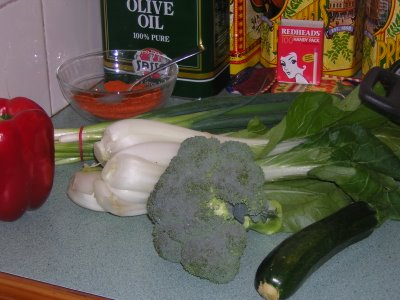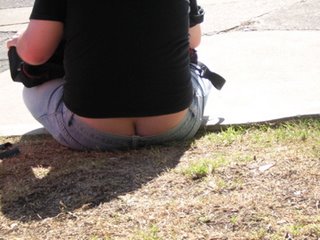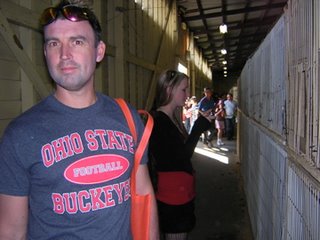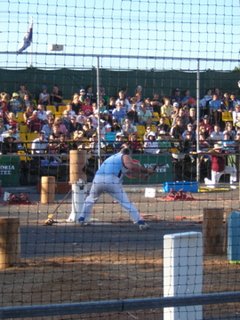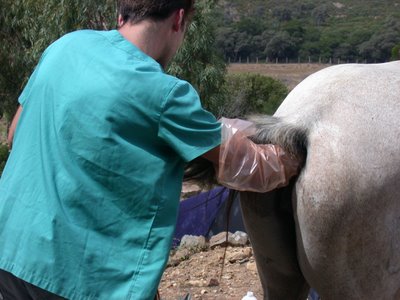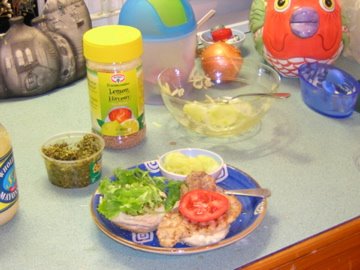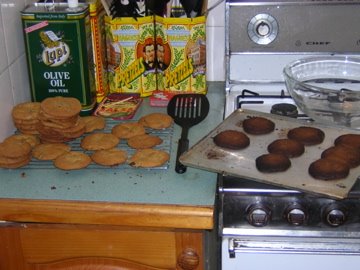 It was the best of times, it was the worst of times, it was the age of wisdom, it was the age of foolishness, it was the epoch of belief, it was the epoch of incredulity, it was the season of Light, it was the season of Darkness, it was the spring of hope, it was the winter of despair, we had everything before us, we had nothing before us, we were all going direct to Heaven, we were all going direct the other way ....
It was the best of times, it was the worst of times, it was the age of wisdom, it was the age of foolishness, it was the epoch of belief, it was the epoch of incredulity, it was the season of Light, it was the season of Darkness, it was the spring of hope, it was the winter of despair, we had everything before us, we had nothing before us, we were all going direct to Heaven, we were all going direct the other way .... Obviously Dickens was a runner, how did we miss this? At first he refers to his Personal Best of Times (PB or PR), the foolishness of getting caught in the moment of the race start and heading out too fast, the testing of belief in our own ability, the Darkness and despair as the Winter of our run closes in and after the finish line, the contemplation of what lies next.
Could he have been talking about anything else? .... I think not!
Three stages of the Noosa Half Marathon stick in my mind.
1. Standing on the start line alongside my fellow pacer Scott. We were both wondering if we should have skipped the last beer the night before. There was a constant stream of runners coming up to us and asking what time we were pacing. On most occasions they would nod, when told 1:40, and then find their place in a little group directly behind us. I was confident in my ability to cruise through this time, although there was a small doubt in my mind, from a few comments in the days leading up, that it might be a little bit of a challenge. So inwardly conflicted, I made small talk with Scott as the overwhelming faith people put on a pacer washed over me.
2. Out on the course, I was controlling the pace and letting Scott know up front whether to lift the tempo or not. This job had become mine, not because of my fine tuned sense of speed and pace, but more because of the Garmin strapped to my wrist. For most of the run, the pace was very comfortable and it wasn't until about the 15K mark that I felt any fatigue. It is about this time that I became most vocal about pushing the runners ..... especially on the hills. The more I encourage others, the more pumped up I become, and the thought of any fatigue disappears. Even crossing the line I was still so hyped up that I couldn't wait to run back and find Katy.
3. The third memory of pacing involves the feeling of a sort of sadness born from the inability to help runners at the end of the race. In my own races, I know the feeling of exhaustion at the end and the effort needed to keep a pace so easily done in training. The final stage of the race, I just want to pick people up and carry them to the line. I knew the exact time and pace needed to bring home one of my fellow Running School members. I knew we were off by around 20 seconds over the last 10 minutes or more. I think her name was Kate because I don't know her that well and although I knew her by sight we had never previously spoken. In Kate's eyes I could the effort and strain going into every step, I could see there was nothing more to give. Many times she lifted to stay alongside me. Finally, I had to let her go and finish the last few hundred metres to meet my committed time. Kate came in within a minute and thanked me for getting her closer than she ever would have done so alone. Just missing the goal doesn't concern me as much when it's me, but it does more so when it's someone else.
Noosa's done and now I move on with a little more wisdom and desire to be my best in Melbourne. Perhaps Dickens is telling me to keep pacing in his closing words, but after all, this is the tale of two cities and the next one awaits.
It's a far, far better thing that I do, than I have ever done; it is a far, far better rest that I go to than I have ever known.

